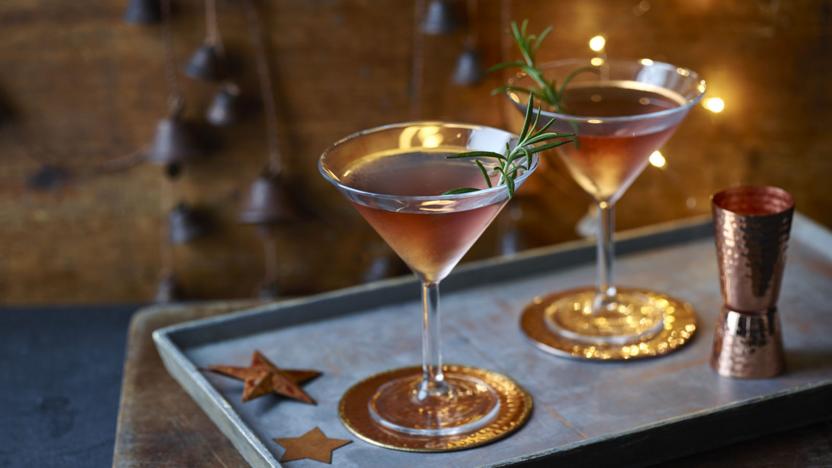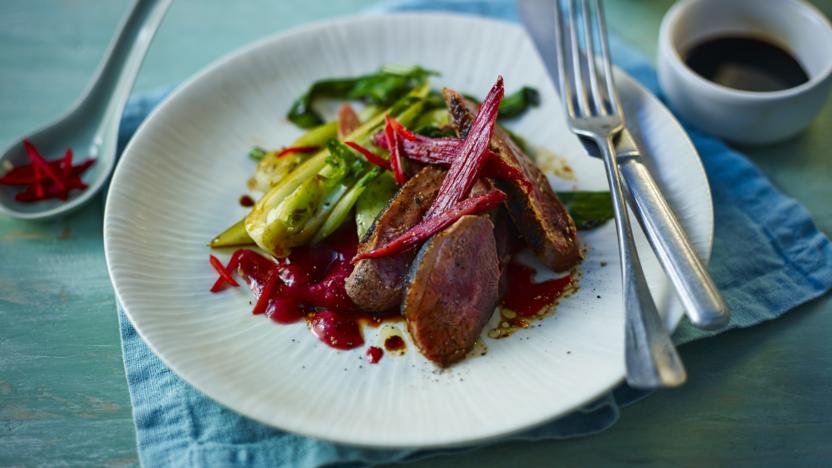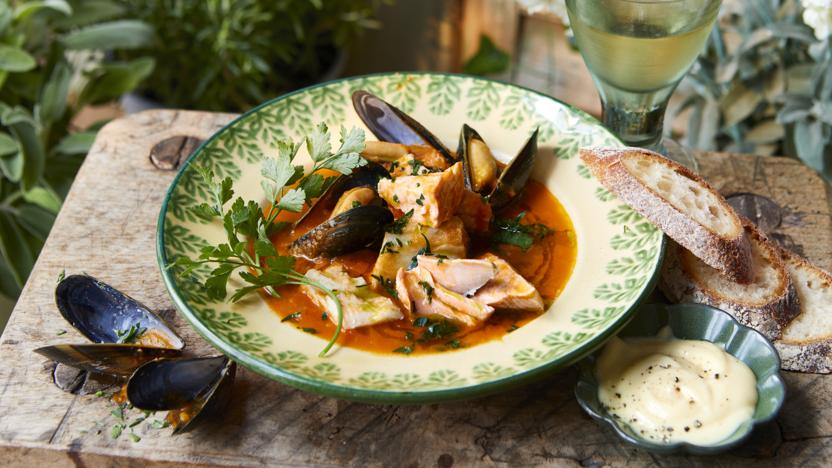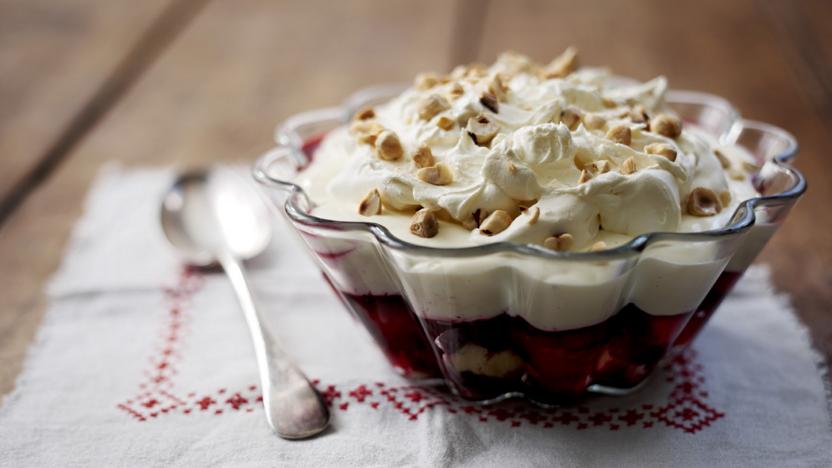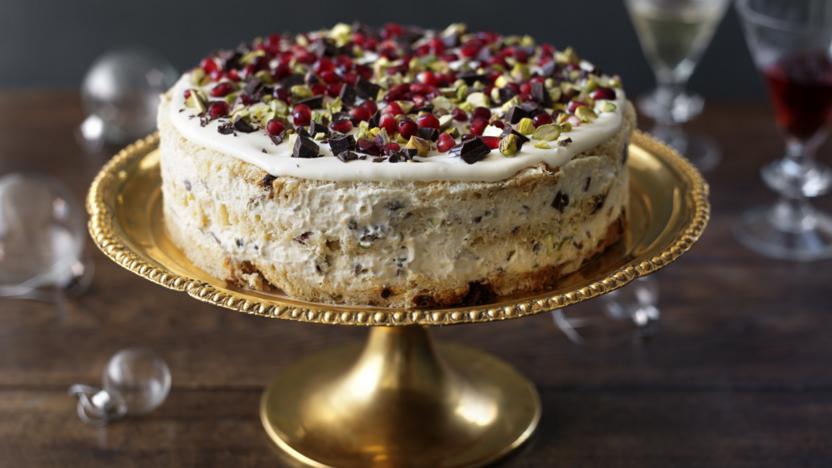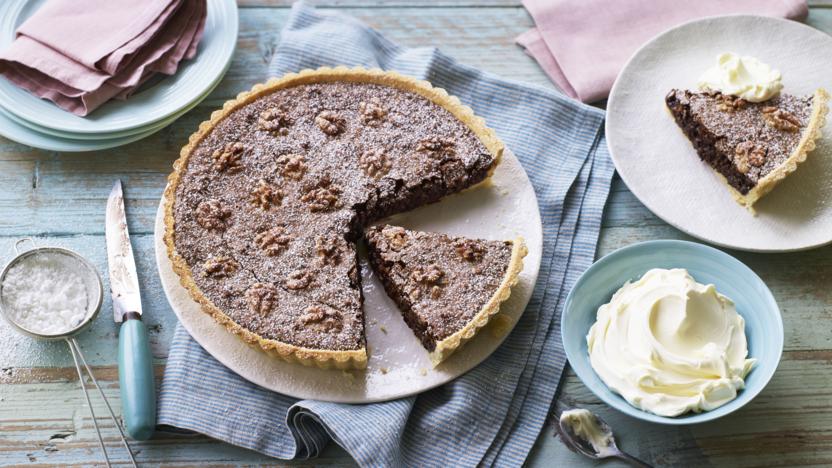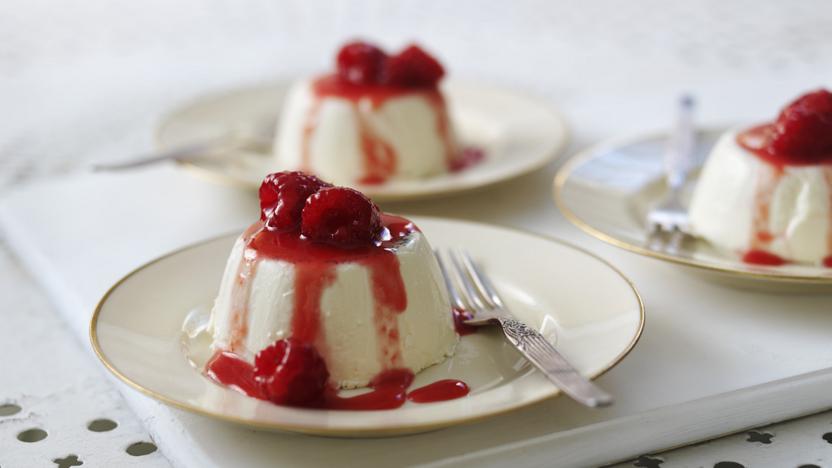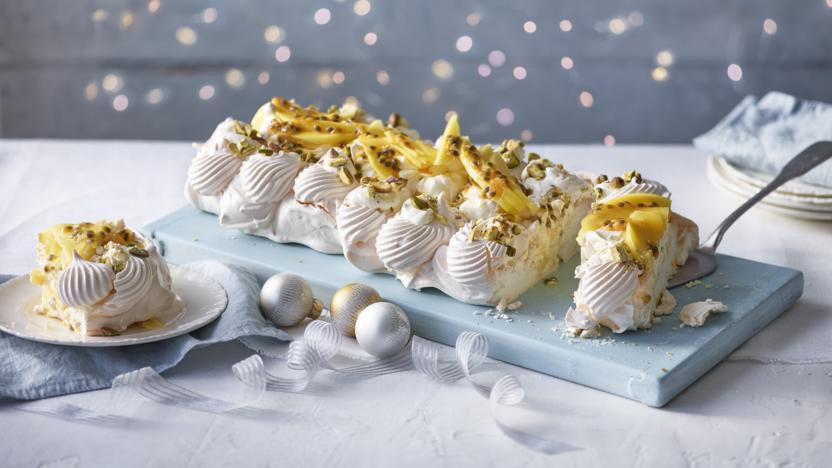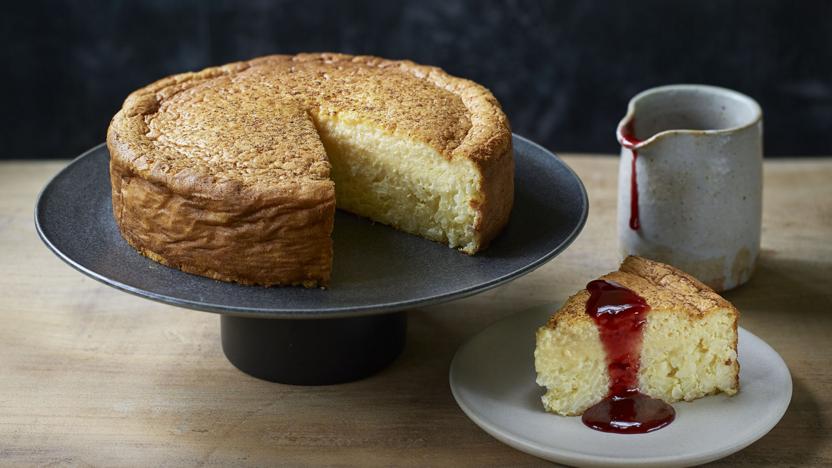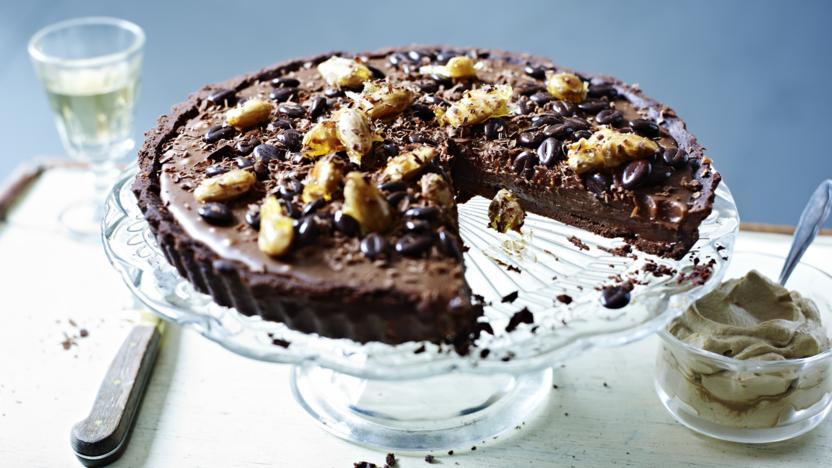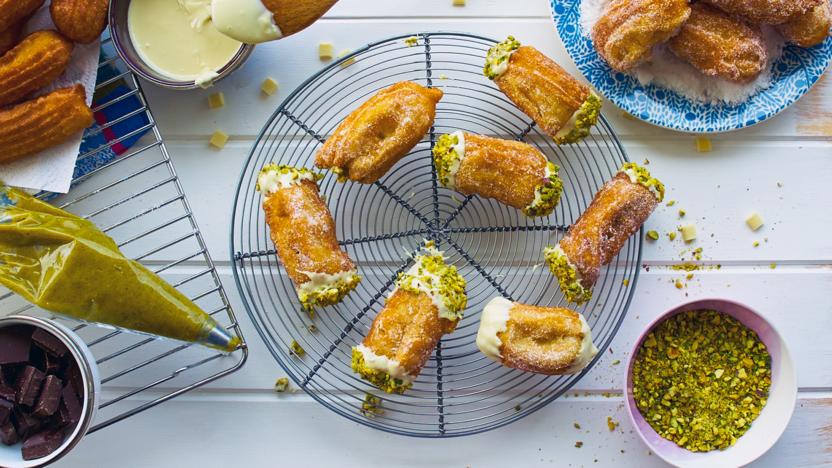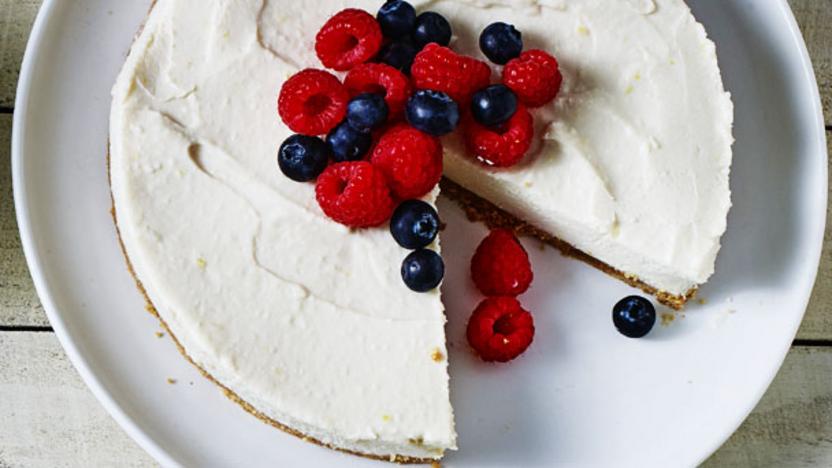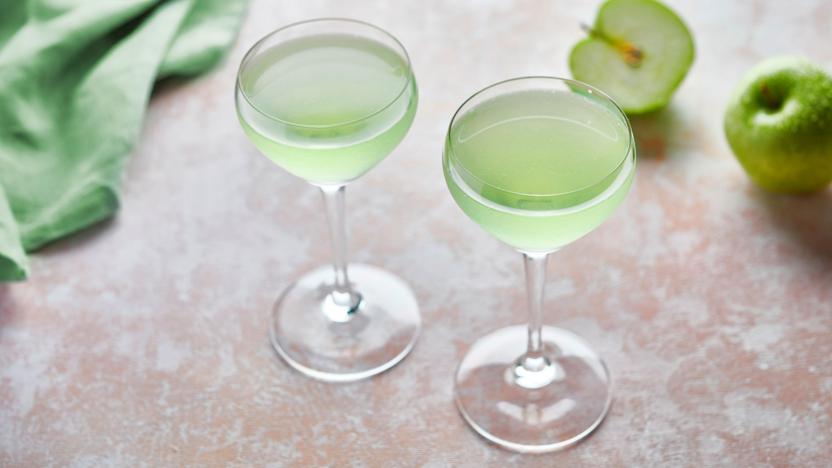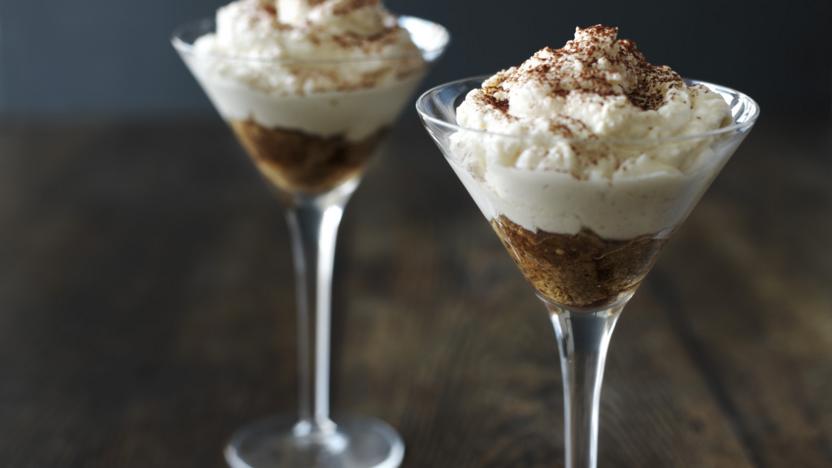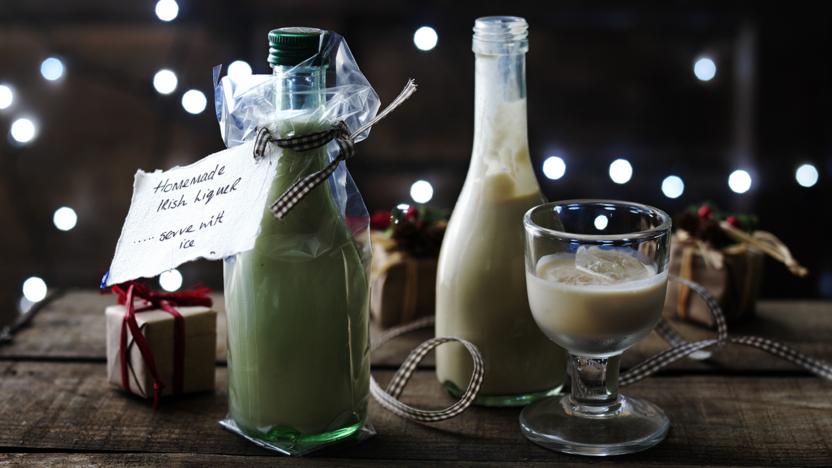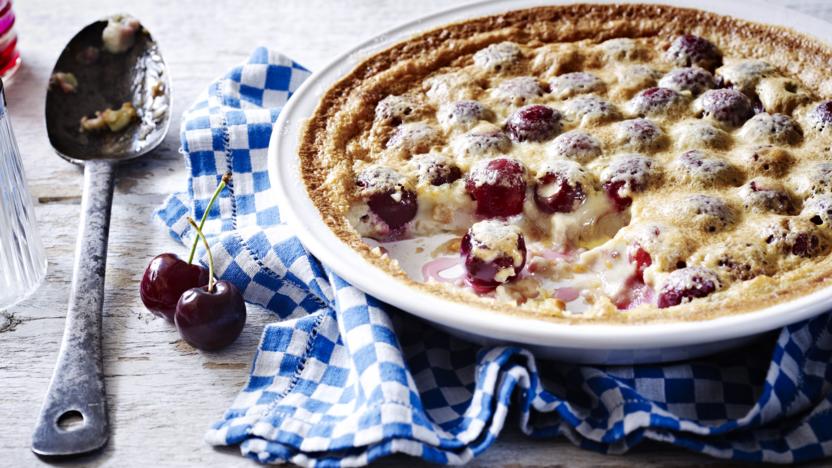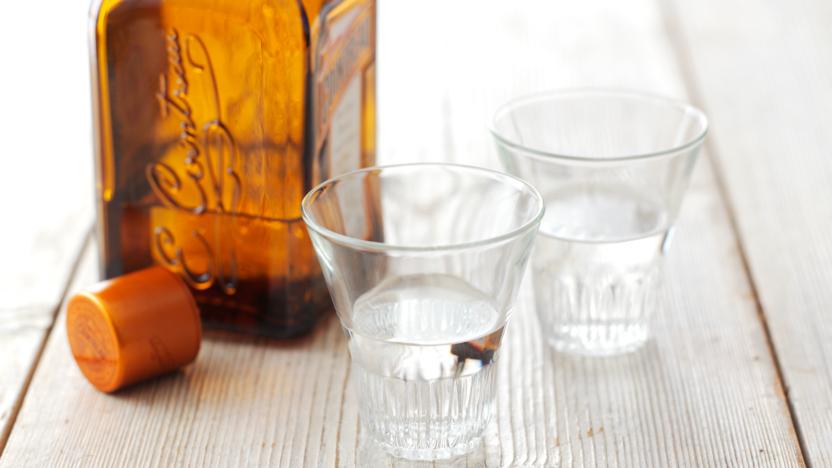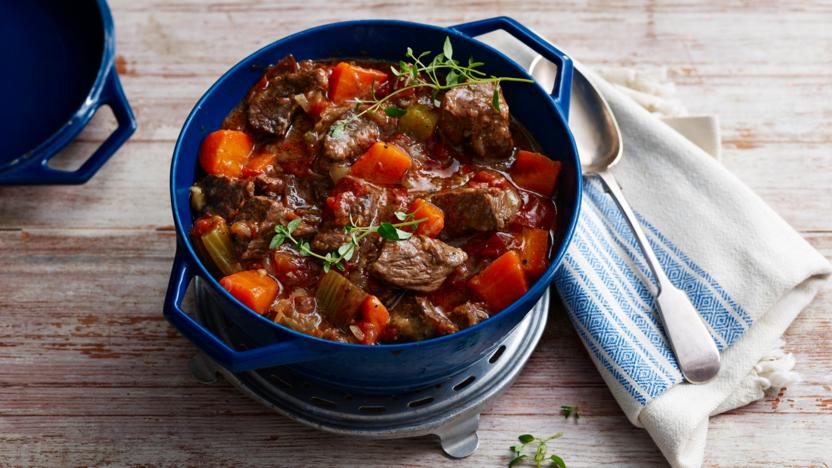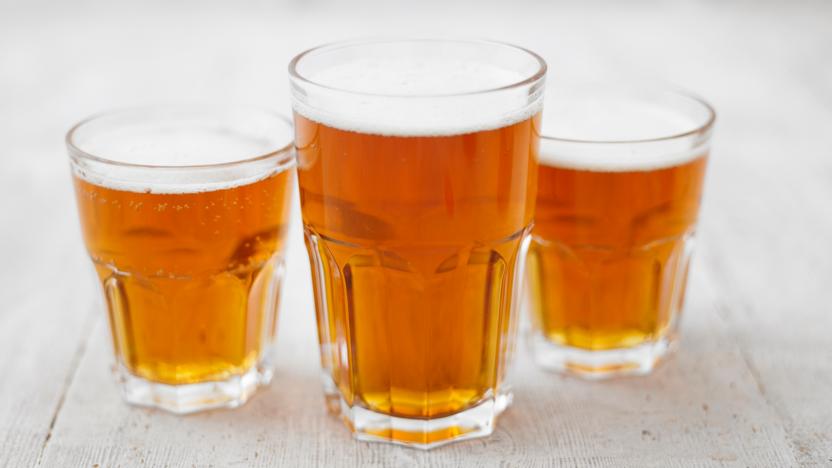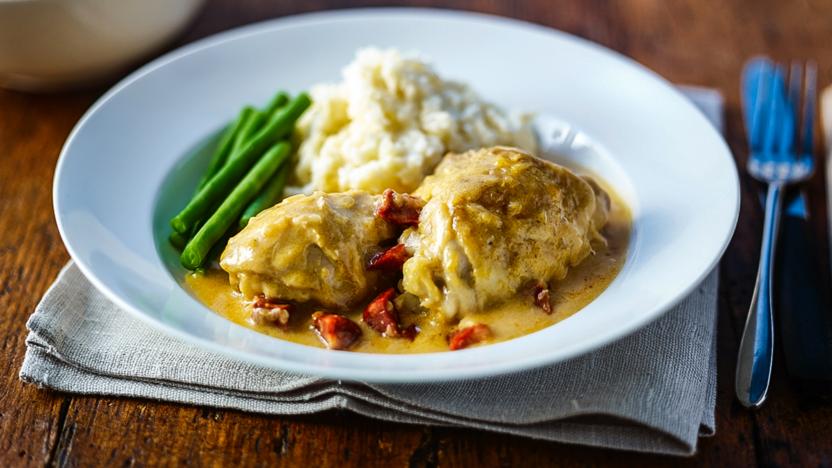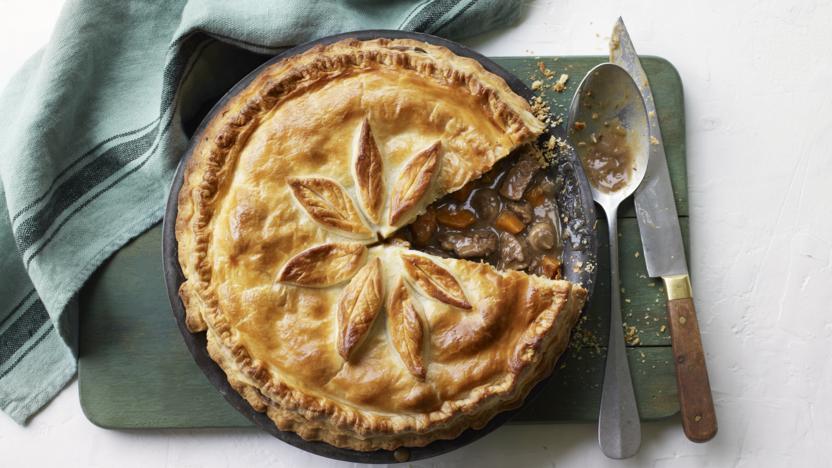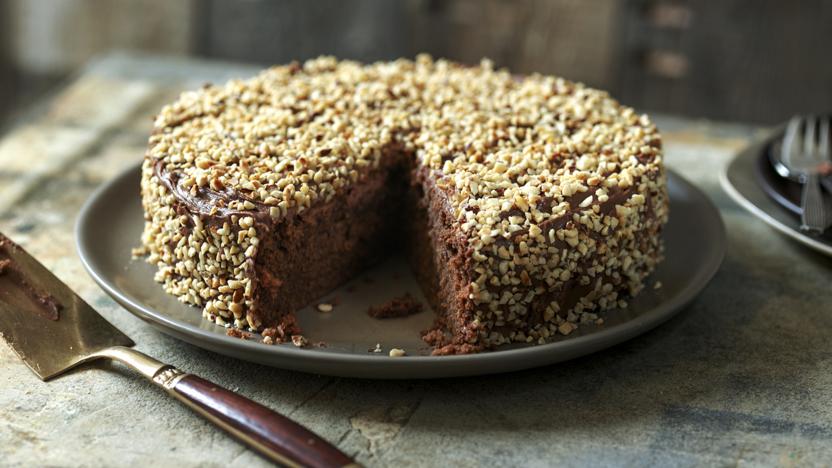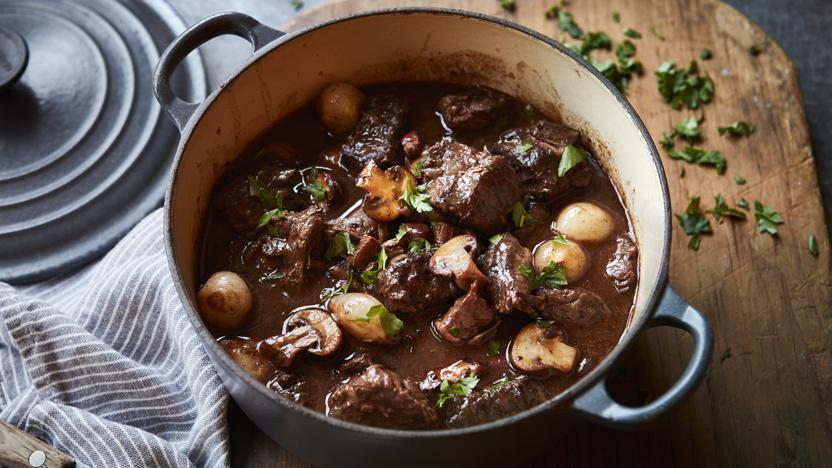Liqueur recipes
Alcoholic drinks based on distilled spirits, flavoured or aromatised with one or more ‘natural’ ingredients, then sweetened.
Liqueurs come in a bewildering array of colours and flavours, from bitter-ish herb-based liqueurs, to very sweet, fruit-flavoured liqueurs. Vegetables, herbs, flowers, leaves, skins, stones, pips and whole fruit can be used to flavour liqueurs. They can also include eggs (advocaat) or cream (Baileys) or be flavoured with coffee or chocolate.
They can be flavoured in various ways, such as by macerating or infusing the ingredient in liquid, usually the base spirit. Concentrated fruits or flavourings, or essential oils, can also be added to the base spirit, which might be distilled from grape, grain or molasses.
Many liqueurs are particular to a small geographical area and most have a (true or apocryphal) story about their origins. Liqueurs also vary in quality. Some, such as Chartreuse, have a noble history, and the best are made artisanally; others are inexpensive alcohol-based confections.
While there is nothing intrinsically Christmassy about this cocktail, I do feel this is the season for sweet drinks. Both the dark raspberry and the emphatic chocolateyness of the cocoa liqueur ably fit that bill, but the generous hit of vodka means that their sugariness is held to account. Rich and warming, that first a sip gives you an instant Christmassy fireside glow. I let a sprig of rosemary play the part here of festive fir.
More liqueur recipes
Buyer's guide
With liqueurs, you generally get what you pay for. If it looks cheap and nasty, it probably is. But don’t begrudge paying for a well-made liqueur; a little goes a long way.
Storage
Being spirit-based, liqueurs have a long shelf life and, generally, the higher the percentage of alcohol, the longer it will keep. Egg-based liqueurs should be consumed within three months of opening, or according to the advice given on the label.
Preparation
Some liqueurs, particularly orange-flavoured ones (Cointreau or Grand Marnier, for example) are used in cooking, as in the classic Crêpes Suzette. Most, though, are used as aperitifs or digestifs, or to make cocktails.
If you’re making cocktails, be careful about substituting one liqueur for another, as the flavour and alcoholic strength can vary greatly according to style and brand.
